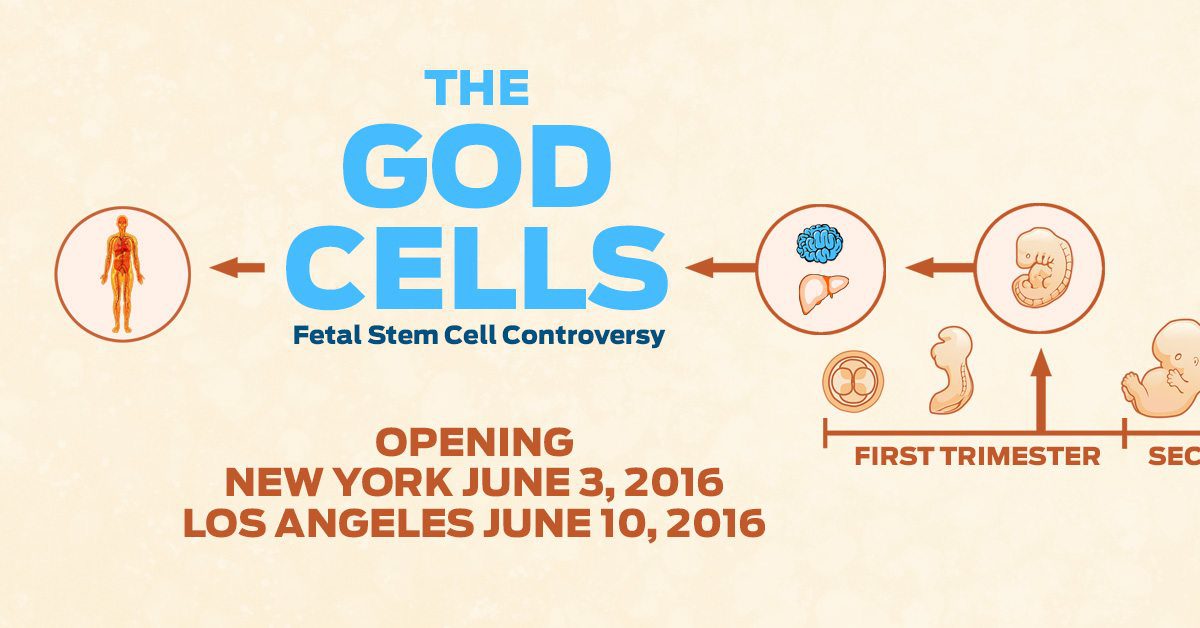
A Whale of A Tale – Rebuttal to an Oscar Winner
For those who saw The Cove and perhaps even felt outrage at what that film portrayed as barbarism, A Whale of a Tale could well provide a balancing picture.

For those who saw The Cove and perhaps even felt outrage at what that film portrayed as barbarism, A Whale of a Tale could well provide a balancing picture.

In a very special episode of the show, Steve sits down with teens Savannah Roach, Daniel Collins, Brea Bowden and Mitch Macgowan to talk about Netflix’s controversial series, 13 REASONS WHY. ?In an eye-opening conversation, they talk about their views on the show’s backlash, teen culture, parents, and ‘helping their Hannah’. Want to continue to…

Have you heard of?The Shack? ?Spending an incredible 70 weeks on the New York Times Bestseller lists, Wm. Paul Young’s?The Shack is nothing short of a cultural phenomenon. ?Upon the release of the official?film adaptation on Friday, March 3rd, 2017, we had the opportunity to speak with the book’s author, Wm. Paul Young, to discuss…

This week, Chris Utley and ScreenFish newbie Peter Adourian join Steve to tackle Nate Parker’s controversial BIRTH OF A NATION. ?In this episode, they tackle issues of race and gender politics, owning the truth and even whether we can separate art from the artists. Want to continue to conversation at home? ?Click the link…

Released at Sundance earlier this year, the film sparked a bidding war the likes of which?the festival had never seen before (and eventually settled at Fox Searchlight for an amazing?$17.5M, the highest in the festival’s history. ?With a timely subject matter (especially in the heat of the #OscarsSoWhite controversy) and buzz-worthy visuals, Nate Parker’s film…

On the one hand, [the film] shares information for a medical treatment that could provide great benefit to people suffering many terrible illnesses. On the other hand, I can?t say it is not an infomercial for snake oil.